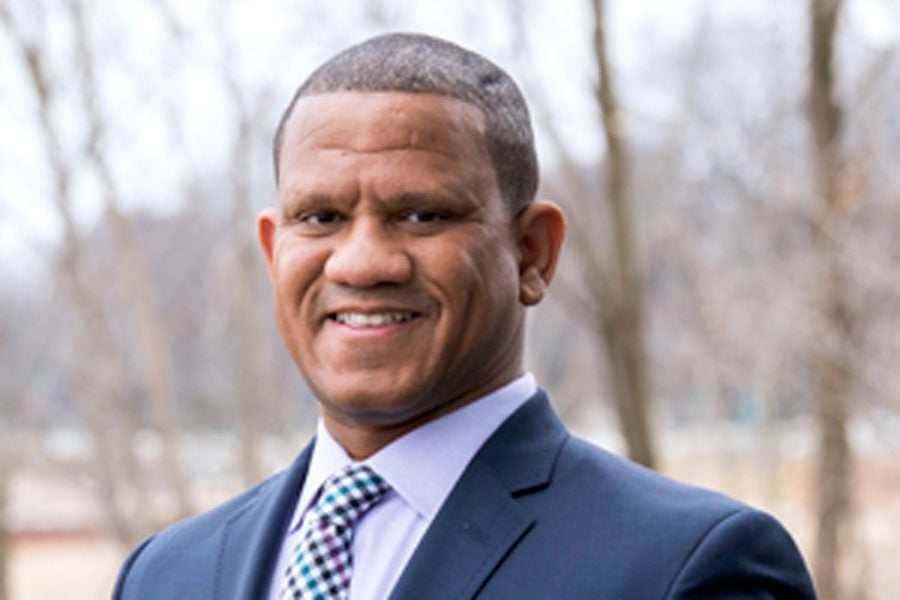Northwestern opens new center to explore relationship between diversity, democracy
Political Science Prof. Alvin Tillery serves as the director for the Center for the Study of Diversity and Democracy. The academic center officially opened in May.
October 10, 2017
In response to the current political climate, political science Prof. Alvin Tillery said the Northwestern community needed a place to start conversations about the relationship between diversity and democracy.
“We’re living in an era where racialized politics have returned to the forefront of our political discourse,” Tillery said. “In our department, we have one of the top groups studying racial inequality and racial politics in America and we thought (a) center would be a really good way for us to crystalize our work around certain projects.”
Tillery said the Center for the Study of Diversity and Democracy was created with the help of Weinberg Dean Adrian Randolph and associate dean for faculty Edward Gibson. The center consists of 19 faculty affiliates and is housed in the Department of Political Science.
The center officially launched in May, Tillery said, and has since been in a “quiet stage” to build capacity and apply for grants to fund initiatives. By the end of the 2017-18 academic year, Tillery, the director of the center, said he hopes it will have built up its programming on campus.
Tillery said he wants the center to be a University initiative, where “everyone feels a stake in it.” He emphasized that he wants to hear opinions from the NU community, especially alumni, to investigate new questions the center may not have initially considered.
The center is working on a polling and data analytics unit that would run comprehensive polls exploring the relationship between diversity and politics, Tillery said. Through these surveys, he said he hopes to better understand the American population’s views on race and share his findings with others.
“Within three years, I hope that any reporter, private citizen or policy maker (who) wants to know the current state regarding research on diversity issues and relationships to democracy will look at our database and our center for guidance,” Tillery said.
Prof. Sara Monoson, chair of the political science department, said the center is a great addition with important initiatives.
“The center is very wide ranging, but the (political science) department is its home base and … we’re really thrilled to be hosting it,” Monson said.
The co-president of Political Union, Max Rowe, said the center is a positive addition to campus because it draws attention to issues of race and the impact they have on political science questions.
“These kind of issues are hot topics now, in the national and campus political discourse,” the Weinberg senior said. “People are realizing how much issues of race inform all sorts of questions. I think having a center — which has its aim to study the way this issue can impact these other areas of study — is very important.”
Rowe added that Political Union is always willing to partner with the political science department and would like to do so with the center on future initiatives.
Tillery said he hopes the center will also serve as a place to “rewrite” the history of America, so that moving forward people can understand why so many political issues come from underlying race issues.
“We’ve got to get to a point where we understand that part of the struggles that we’re having as a society are the result of three centuries of evasion of the real problem, which is that America wasn’t founded as a fair democracy for everyone from its very beginning,” he said.
Email: [email protected]
Twitter: @lizbyrne33


